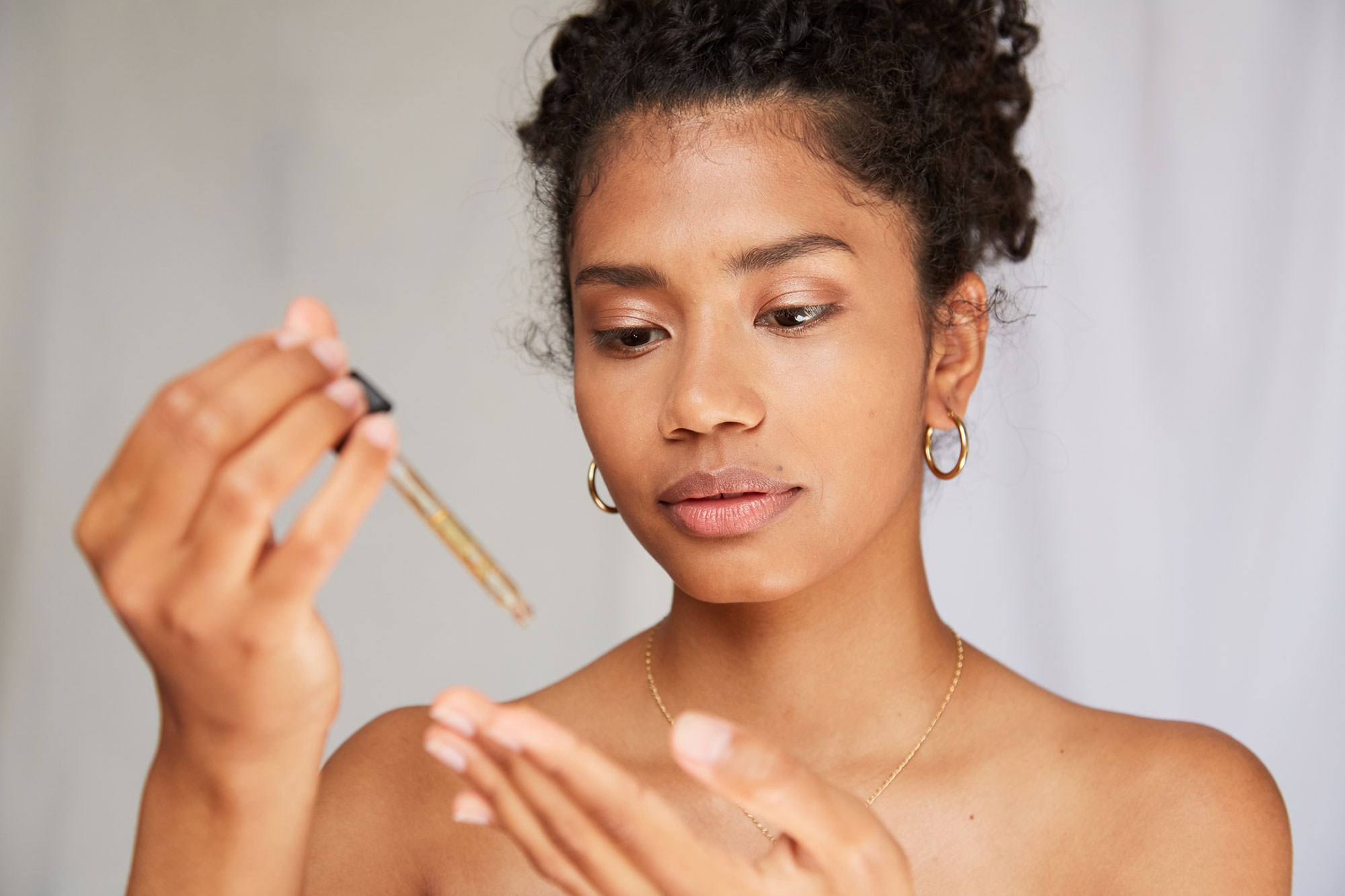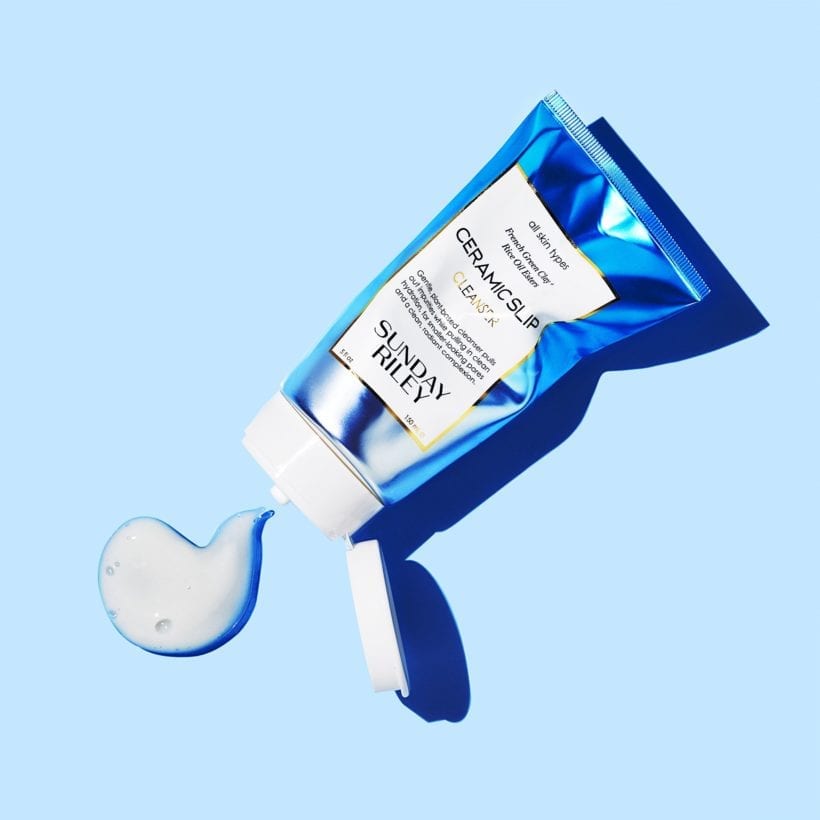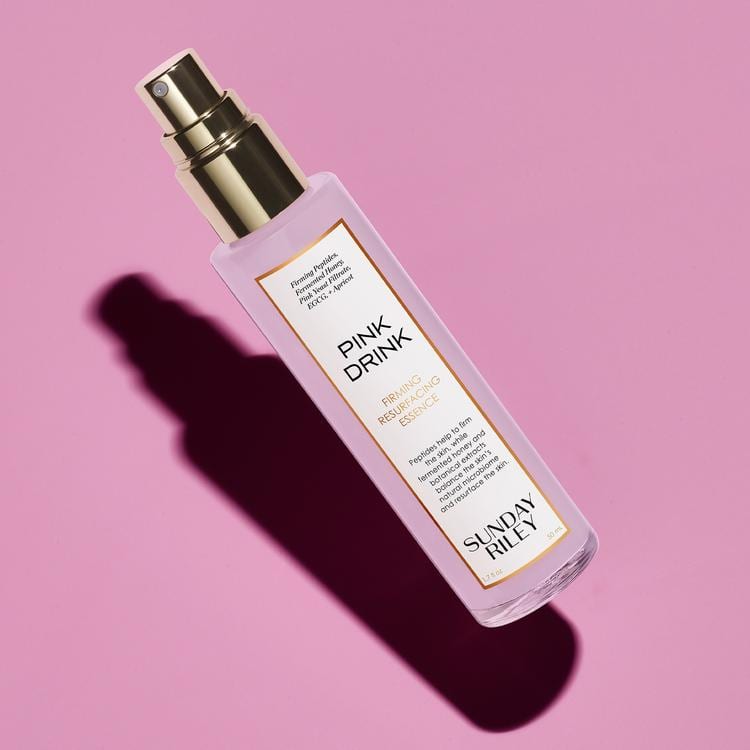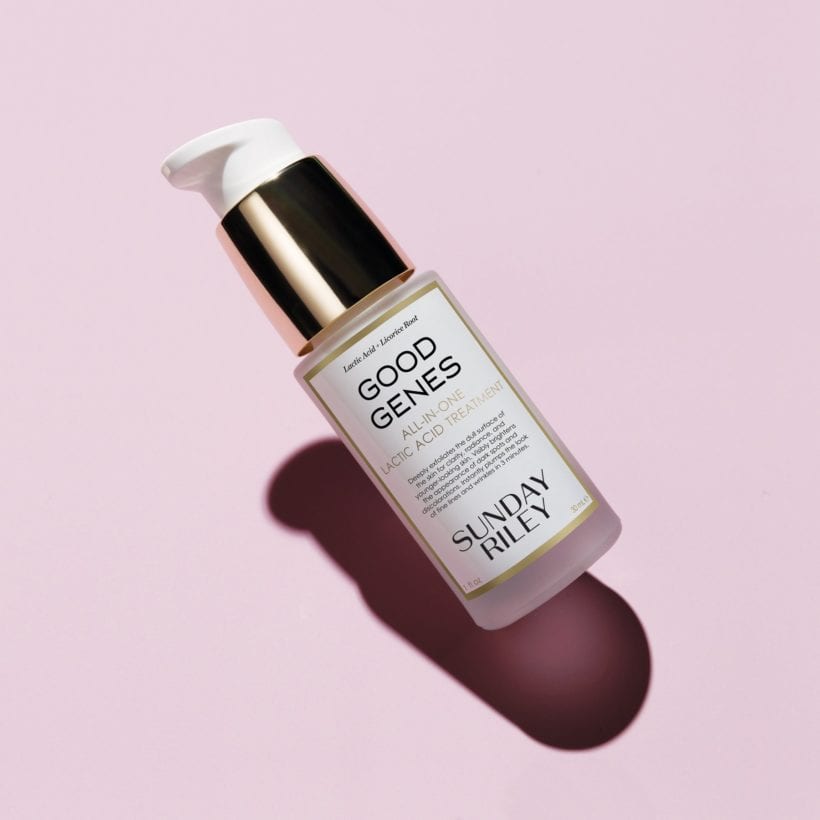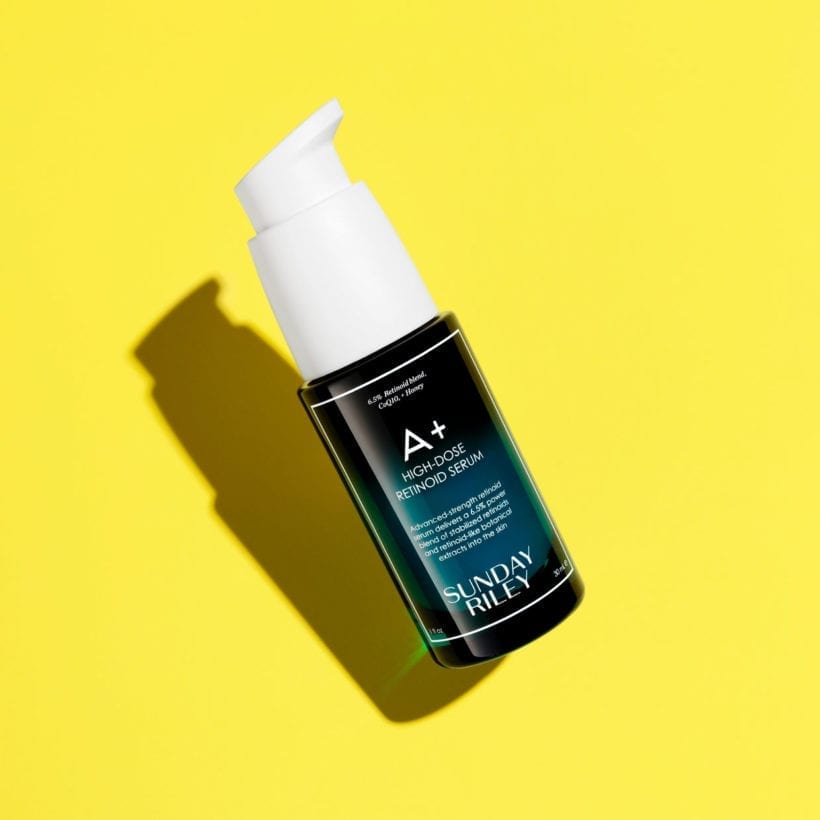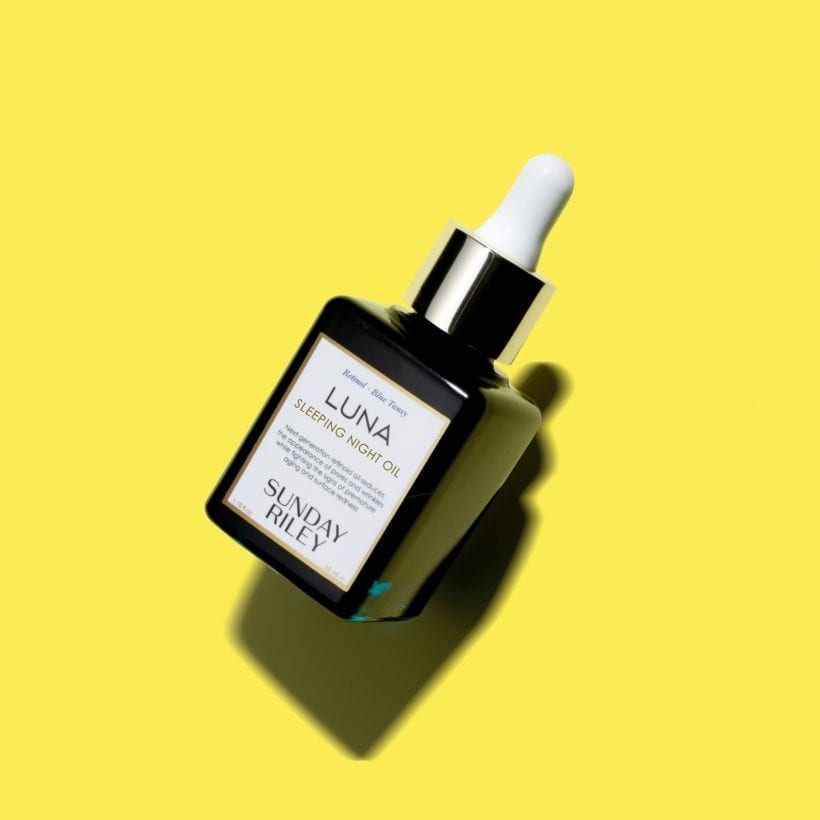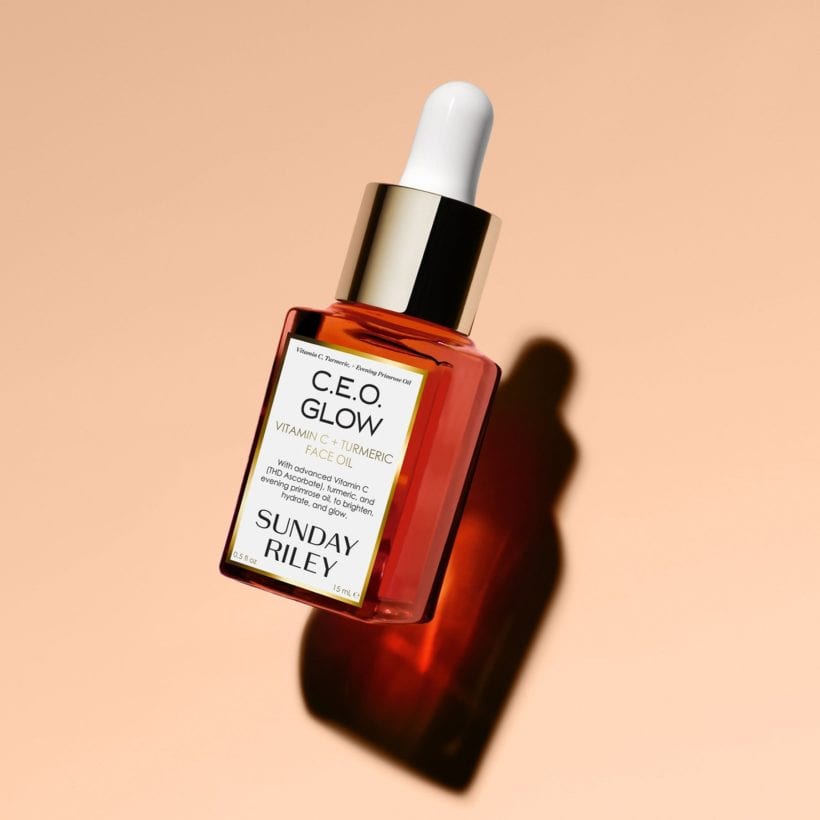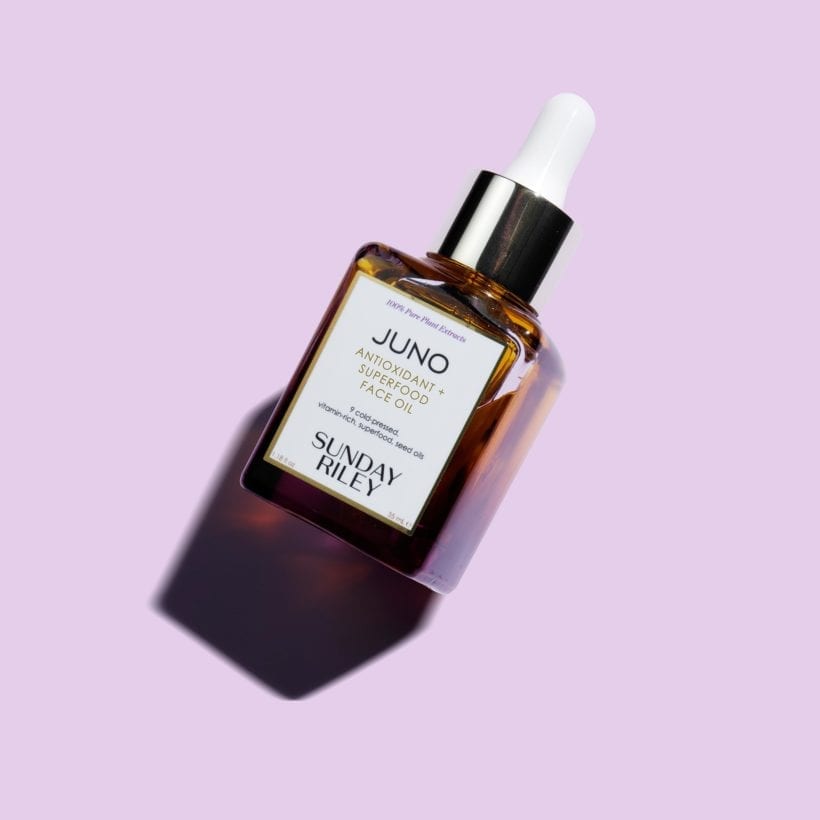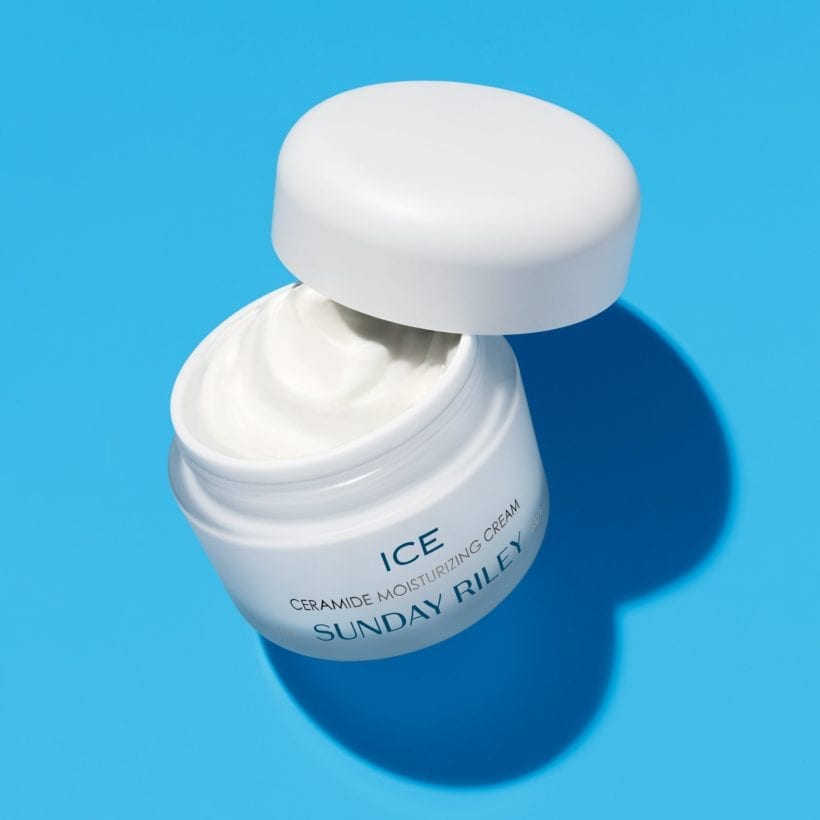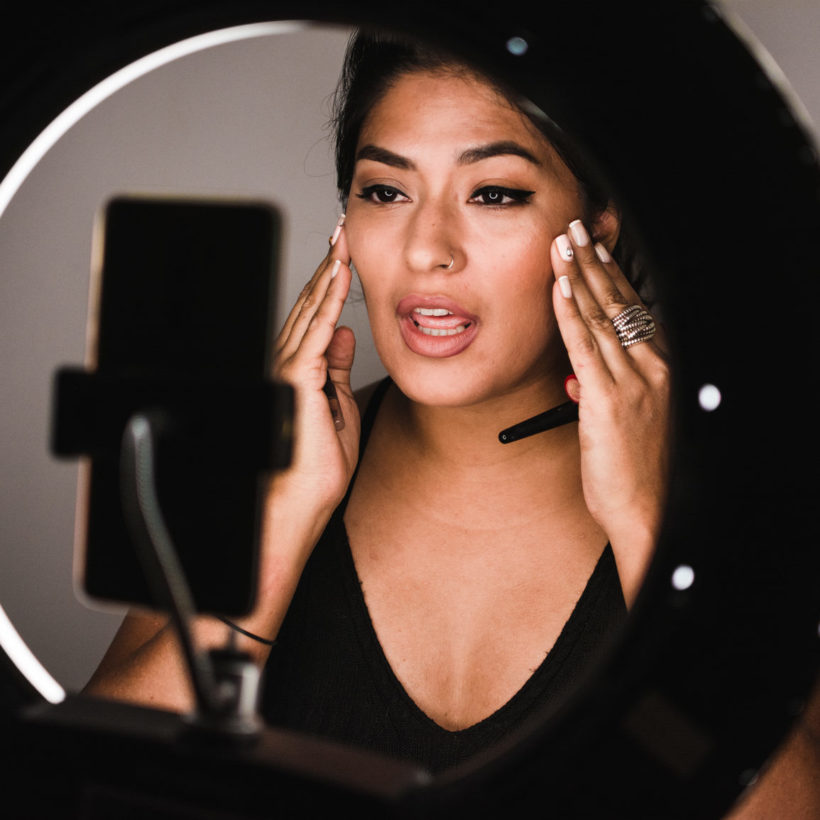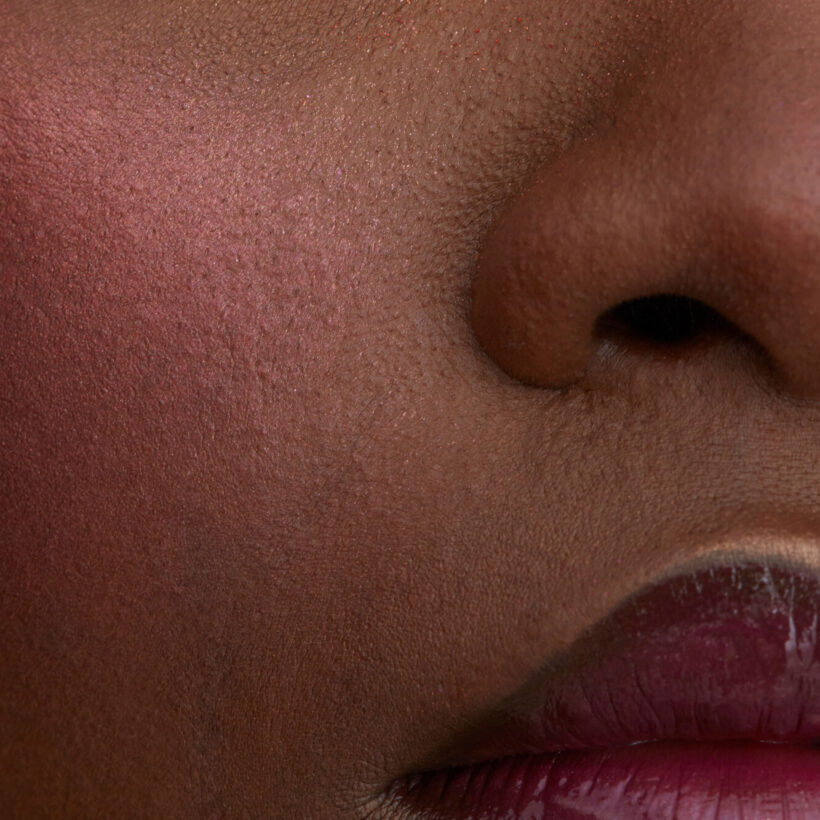Skin cycling might sound like some new workout for your face (we’ve seen far weirder things that have become popular on TikTok), but it’s actually about a skincare routine that dermatologists and skincare pros can truly stand behind.
Dubbed by dermatologist Dr. Whitney Bowe, skin cycling garnered more than 60.6 million TikTok views, and it’s designed to help you simplify your routine — especially if you have sensitive skin — to save you from adverse side effects like redness, irritation, and dryness. Similar to the idea of skinimalism, the goal of skin cycling is not to overwhelm your skin with an excess of products.
“While skincare trends can be tempting to follow, it’s essential to prioritize those backed by clinical studies and scientific proof. At the end of the day, your skin deserves the best care, and that means relying on proven, effective solutions rather than unverified fads,” says Sunday Riley.
Here, we dive deeper into the practice and how it might help boost your skin’s radiance and overall health.
Meet the Experts
Sunday Riley , CEO, founder and product formulator
Anna Chacon, M.D is a Miami-based dermatologist.
Danielle Gronich is a clinical esthetician, acne specialist, co-founder of CLEARSTEM Skincare, and owner of San Diego Acne Clinic.
Lian Mack, M.D. is a dermatologist based in New York City.
Marisa Garshick, M.D. is a dermatologist at Manhattan Dermatology and Cosmetic Surgery.
What is skin cycling?
“Skin cycling” involves using certain skincare products on specific nights of the week as part of your skincare routine, explains Anna Chacon, M.D., a Miami-based dermatologist. “By being strategic and deliberate about the products you’re using, and when applying them, you can garner impressive results,” she says. “This technique will also let you enjoy the benefits of your skin care products while avoiding the common downsides of certain ingredients, such as irritation and sensitivity.”

While the trend feels new, the concept is anything but. In fact, for years, dermatologists have recommended that their patients swap out or take breaks from certain ingredients in their skincare routine. Choose the right products for your skin and you won’t need to worry about sensitivity or recovery of your skin.
According to Dr. Bowe, skin cycling is meant for your nighttime routine. “My morning skincare routine is pretty consistent. I might switch a product based on how dry my skin feels, but the order and the key steps stay the same,” she says in a social post. “Our products feature balanced formulas that are safe for every night use! To achieve results you are looking for you need to remain consistent with the active treatments. With our carefully crafted formulas, you can confidently incorporate them into your nightly regimen, knowing they’ll support your skin journey while maintaining optimal skin health with no downside effects,” adds Sunday Riley. ‘We’re very much so powered by science and balanced by botanicals. So the technology side really does help you get that total transformation of your skin.’
Who would benefit most from skin cycling?
No matter your skin type or skin needs, you can stand to benefit from incorporating skin cycling but sensitive, acne-prone skin can especially benefit from the trend since most prescription acne medications can be quite irritating and drying. “The concept of skin cycling affords the benefit of using the medications with decreased irritation because of the built-in recovery period,” says Lian Mack, M.D., a dermatologist based in New York City. “When using this technique, acne-prone patients will benefit by seeing a reduction in acne and post-inflammatory hyperpigmentation without the irritation.”
How to Incorporate it Into Your Routine
Skin cycling is usually performed in a sequence of four nights, with the first night involving exfoliation, the second night using retinol, and nights three and four dedicated to hydrating and moisturizing. Here’s a breakdown of how to pull it off at home if you decide to try.
Night One: Exfoliate
“Skin cycling is really shaking up our skincare routines by promoting a balanced and methodical approach to using products. Instead of using a physical exfoliant every day, opting for an AHA can be gentler and more effective, leading to smoother, brighter skin without the risk of over-exfoliation. Embracing this trend can lead to more sustainable and long-lasting results,” adds Sunday.
Use a gentle chemical exfoliant like Sunday Riley Good Genes All-In-One Lactic Acid Treatment, which utilizes vegan, high quality lactic acid to slough off pore-clogging dead skin cells and enhance your skin’s natural glow. ‘It’s also going to help give you the appearance of smaller pores, because it really gets everything out and off of your skin, which is amazing. It’s also been clinically proven to plump the look of fine lines and wrinkles in just three minutes. It’s great for every single person, all skin types, whether you’re 15 or you’re 85,’ says Sunday.
Your exfoliator should be used in conjunction with a simple routine of cleansing with clay-based Ceramic Slip Cleanser, spritzing with peptide-infused Pink Drink Essence, then you should apply Good Genes and follow with a moisturizer or face oil of your choice.
Night Two: Use Retinoids
Dermatologists hail retinoids for being one of the only topical solutions that can yield actual anti-aging results. ‘Retinoids are one of my favorite anti-aging ingredients. If you want to address pore size, surface redness, lines, and wrinkles, you should incorporate retinol into your routine. I recommend using retinoids at night, either after cleansing or after applying Good Genes. While retinoids have been studied for decades, they can cause irritation, redness, and flakiness. However, everyone should include retinol in their skincare regimen. Our high-dose retinoid serum, A+, and our retinol oil, Luna, are both excellent options. They use a retinol ester, which is as effective as traditional retinol but 90% less irritating, providing all the benefits without the downtime. Retinol helps regenerate your skin, working from the bottom up. Combined with alpha hydroxy acids in Good Genes, which clean from the top down, you achieve beautiful, radiant, and healthy skin. Retinol is also effective for treating dark spots and pigmentation caused by sun exposure,’ explains Sunday.
Retinol products are also incredible acne fighters, so they can benefit most people’s skincare routine. ‘People don’t realize, but acne is caused from having so much dead skin within your pores. To beat acne bacteria on the surface, you want to really get rid of all those skin cells, and retinol is a really critical element to do that,’ explains Sunday.
“Choose retinol based on your skin type and how adjusted your skin already is to retinol,” says Marisa Garshick, M.D., dermatologist at Manhattan Dermatology and Cosmetic Surgery. If you’re just starting out, she recommends using serums with soothing ingredients, but if your skin has already adapted to retinol, you can use higher levels. For example, for first-time users, she recommends Sunday Riley Luna Sleeping Night Oil, which is gentle enough and free of potentially harmful ingredients such as sulfates, parabens, and phthalates. And for the advanced retinol users, try A+ High-Dose Retinoid serum. Check our recommendations below;
WE RECOMMEND: Apply 1-2 pumps of A+ in the evening to clean, dry skin. For targeted instructions, see below:
FOR NEW RETINOID USERS: Use two days on, two days off. Work your way up to every other day, then to daily, evening use. Follow with a gentle oil or moisturizer, like C.E.O. Glow or Juno. Use an AHA serum, like Good Genes Lactic Acid Treatment, on alternate nights to sweep away dead skin cells.
FOR ADVANCED RETINOID USERS: Use daily, in the evenings. Follow with a gentle oil or moisturizer, like C.E.O. Glow or Juno. Use an AHA serum, like Good Genes Lactic Acid Treatment, in the mornings to sweep away dead skin cells.
FOR SENSITIVE SKIN: Apply a few drops of a gentle, moisturizing oil, like C.E.O. Glow or Juno to your skin before applying A+ Serum.
Nights Three and Four: Recover
On nights three and four, focus on nourishing your skin microbiome and repairing your skin barrier. Try Sunday Riley Ice Ceramide Moisturizing Cream, which is enriched with ceramides to protect the skin’s natural moisture barrier and prevent loss of hydration.
‘ICE Moisturizing cream is this really creamy kind of dreamy moisturizer that really locks hydration into your skin, that’s deeply nourishing the skin. But it feels really lightweight when it’s applied because it instantly absorbs. ICE moisturizing cream is ultimately this protective cream that’s going to help your outer layer of your skin. And that’s really made up of three things: ceramides, vitamin F, and pomegranate sterols. Ceramides are this really kind of protective envelope that goes around the surface of your skin and helps again create a barrier that prevents external aggressors from going in and actually disrupting the harmony that’s on your skin, but also prevents things from exiting the skin like water.

Ingredients like beetroot extract in ICE are going to actually go into your skin and absorb the hydration, and the sterols from pomegranate are going to help seal that outer layer. You get these moisture magnets pulling the hydration into the skin and then an envelope sealing it in. And it’s going to give you this great layer of protection and it goes in so quickly and so easily, it’s ultimately very lightweight while also being really deeply nourishing,’ shares Sunday.
You can use it as a final step or you can use it as your only step if that’s all you really want to do. ‘ I would put it on after I put on the rest of my skin care ingredients. I wake up in the morning and my skin feels healthier. It feels bouncier. That’s really important to me. That’s important to how I feel about myself. It’s about having glowy, healthy looking skin that’s just radiant, naturally, from the inside out,’ says Sunday.
Night four is another night dedicated entirely to ensuring your skin is well hydrated and getting what it needs to glow and stay healthy. “On recovery nights, focus on using products that are nourishing and contain ingredients that fortify the skin barrier,”says Dr. Garshick. As with any skincare routine, she also emphasizes the importance of listening to your skin’s needs.
We only recommend products we have independently researched, tested, and loved. If you purchase a product found through our links, Sunday Edit may earn an affiliate commission.
